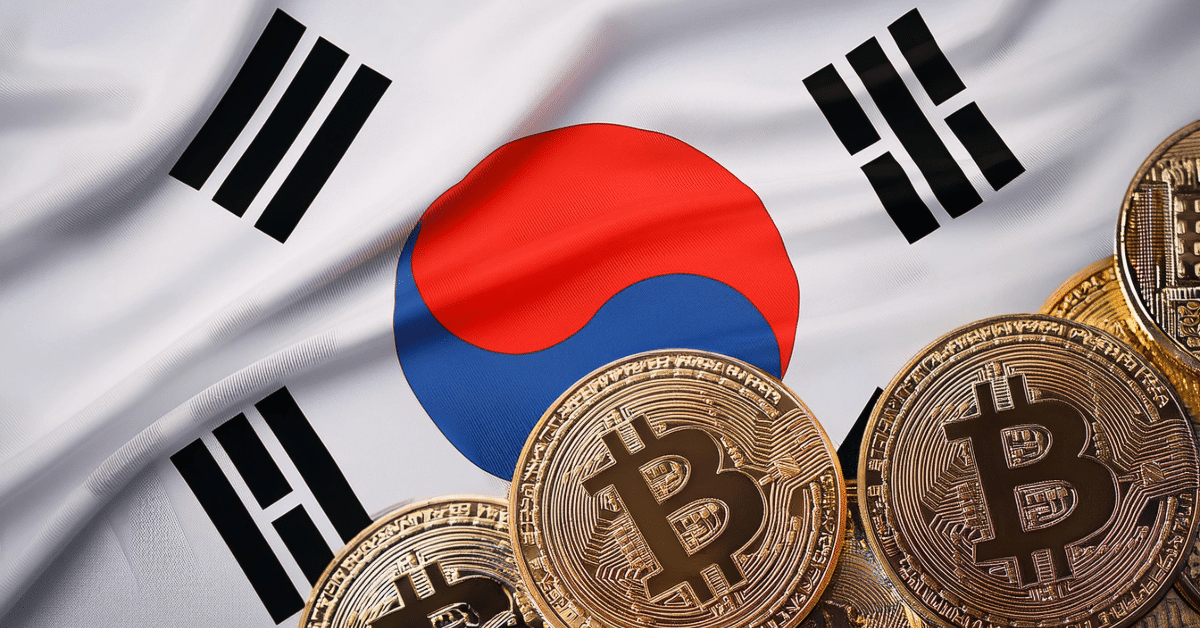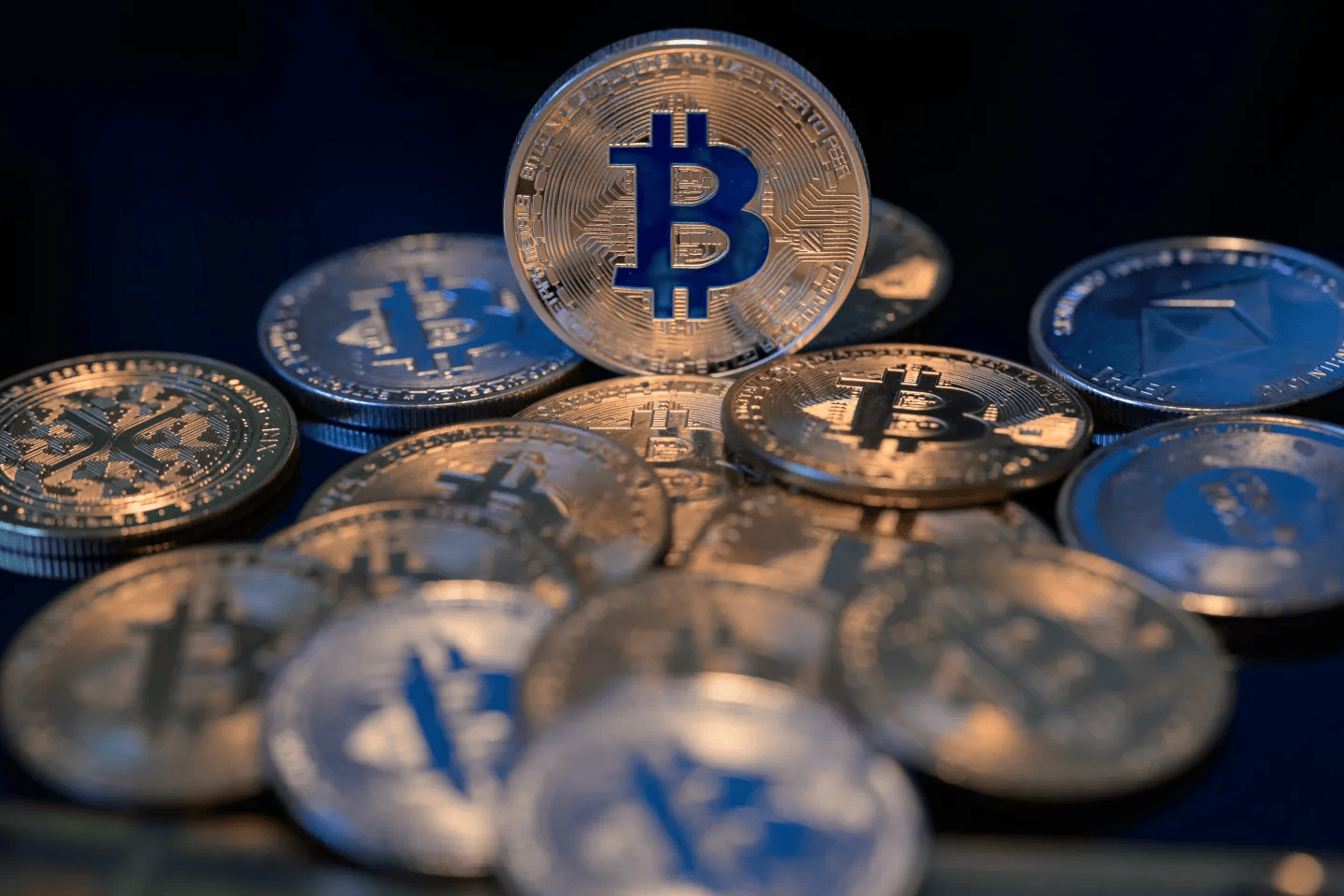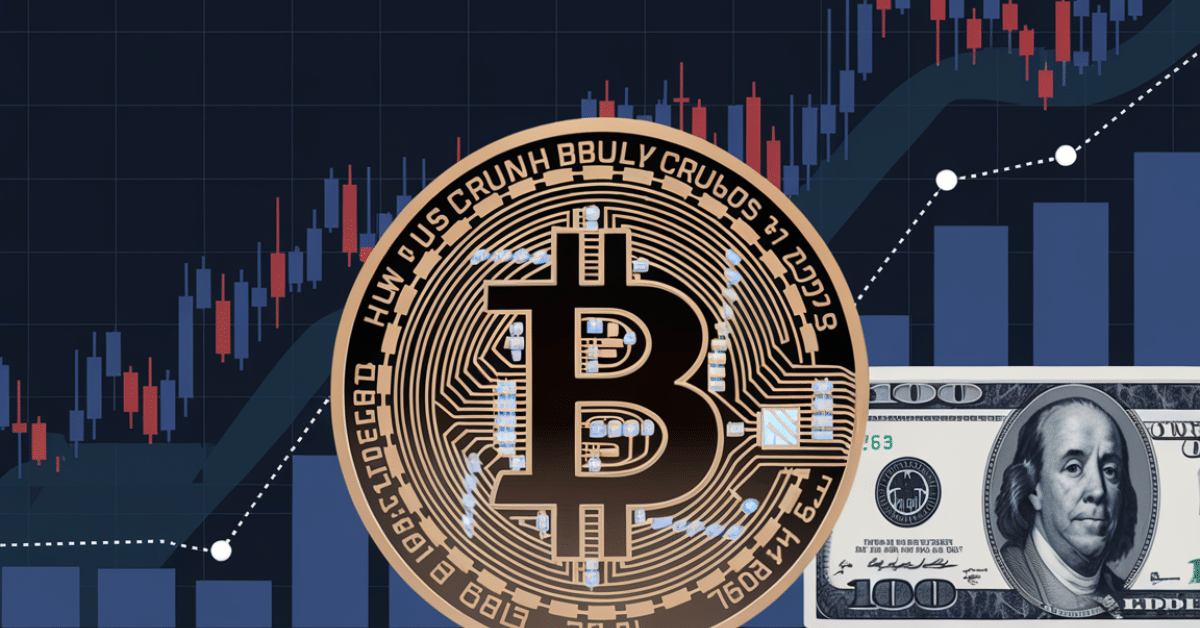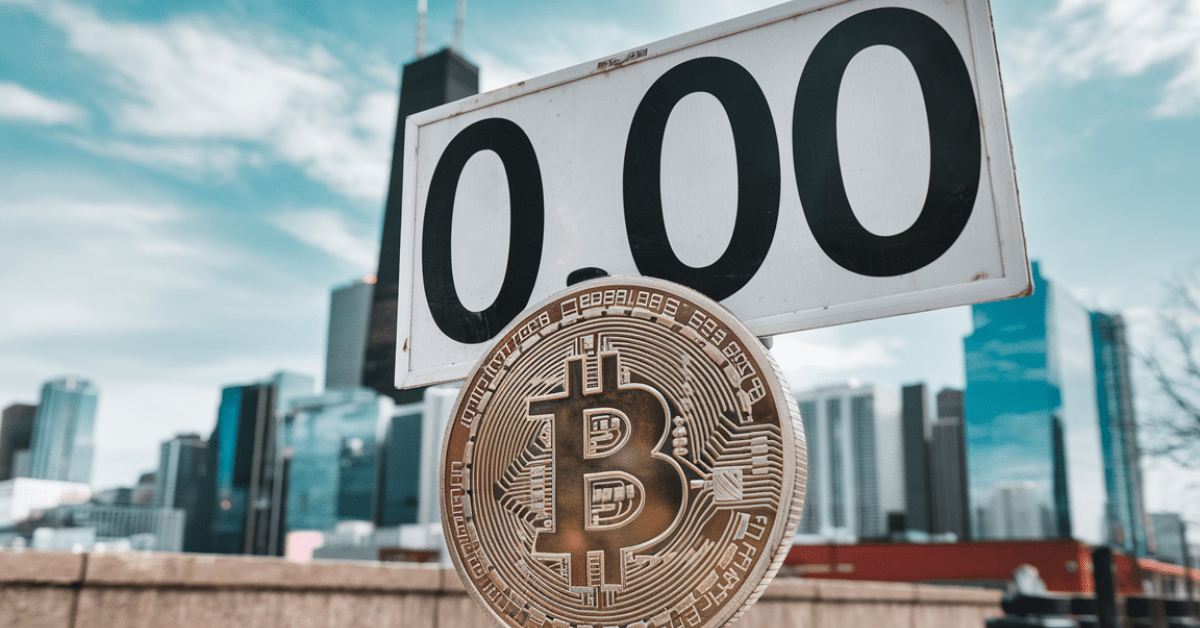Key Takeaways
- To buy crypto in South Korea, choose reputable exchanges like Upbit or Bithumb, complete KYC, and deposit funds via a real-name bank account.
- Selling crypto involves placing market or limit orders and withdrawing KRW to linked accounts, with fees typically ranging from 0.1% to 0.2%.
- Stay updated on South Korea’s strict KYC, AML rules, and the deferred 20% capital gains tax, effective from 2027.
Cryptocurrency is very popular in South Korea, with recent reports indicating that over ten million people trade or invest in digital assets. South Korea’s local trading volume frequently exceeds that of the country’s stock exchange, which indicates a high level of interest and participation in the cryptocurrency market.
Hence, it’s important for traders, including novices, to understand the crypto landscape there. In this guide, we will discuss how to purchase and sell cryptocurrency in South Korea, as well as the best exchanges to utilize and the regulatory environment that exists at the moment.
Buying Cryptocurrency in South Korea
Buying cryptos in South Korea is quite a simple process. Here are the steps involved:
Select a Cryptocurrency Exchange That Suits You
Do research and choose a cryptocurrency exchange that is reliable and operates in South Korea. Included in the list of popular options are Upbit, Bithumb, and Coinone. They have intuitive user interfaces and support a variety of cryptocurrencies.
Register for a Real Name Bank Account
With current regulatory restrictions, customers have to create a bank account under their real name to connect with their exchange account. To comply with anti-money laundering (AML) legislation, this is a fundamental need. Major banks such as KEB Hana Bank or Woori Bank typically offer this service, requiring you to supply your identification, proof of residence, and details of your resident registration.
Create a User Account on a Trading Platform
Fill out the registration form for the cryptocurrency exchange of your choice once your bank account is ready. In most cases, the following steps are included in the registration process:
- The provision of personal information for the purpose of identity verification
- Documents such as your identification and proof of address will be uploaded.
- In order to comply with South Korean rules, it is necessary to complete a Know Your Customer (KYC) procedure, which may, in certain instances include video verification.
Holdings in Deposit:
Deposit money into your exchange account. You can transfer Korean Won (KRW) directly from your bank account. Almost all exchanges let deposits be made using bank transfers, and it typically takes around half an hour for the funds to show up in your exchange wallet.
Buy Cryptocurrency
When you have finished adding funds to your account, go to the trading platform. Select the cryptocurrency you wish to buy, select the amount, and then submit your buy order. Most exchanges give you options to tailor your trading methods. You can choose from market orders, limit orders, and stop orders.
How to Sell Cryptocurrency in South Korea?
The method of selling Bitcoin is quite similar to buying. Here are the steps involved:
- Access your Exchange account: Log in to your cryptocurrency exchange account, where you hold your crypto assets.
- Initiate a Sell Order: Select the cryptocurrency you wish to sell and decide on the type of order you want to place:
- Market Order: Sells immediately at the best available price.
- Limit Order: Sets a specific price to sell your crypto, executing when the market reaches your target.
At this point, be mindful of the transaction fees that apply when selling.
- Withdraw Funds: Once your sell order is executed, you can withdraw your KRW to your linked bank account. Withdrawal requests may take a few hours to process, so plan your finances accordingly.
Each exchange imposes transaction fees, which normally range from 0.1 percent to 0.2 percent. In order to optimize your earnings, you should review these costs before trading.
South Korean Exchanges That Offer the Best Cryptocurrency Trading
There are plenty of cryptocurrency exchanges in South Korea that hold good reputations, provide security, and offer a variety of services.
Upbit
Upbit is the largest exchange by trading volume. It features a user-friendly interface, and there are plenty of crypto currency options available. It also features robust security measures, including two-factor authentication (2FA) and cold storage for funds.
Bithumb
Since its founding in 2014, Bithumb has gained a lot of attention for its liquidity as well as its refined trading capabilities, including margin and futures trading. It has more than 8 million users and offers competitive fees.
Coinone
Coinone is famous for its user-friendly platform and reliable security system. Furthermore, it has developed novel services such as blockchain-based remittance applications. The platform supports various cryptocurrencies and also offers tools for market analysis.
Korbit
Being the oldest exchange in South Korea, Korbit has a solid reputation and provides a trading experience that is completely frictionless. It’s backed by Nexon and provides a variety of trading pairs and secure wallet services.
How to Find The Best Cryptocurrency Exchange in South Korea
When selecting a crypto exchange in South Korea, consider the following factors:
- Security Features: Make sure that the exchange uses modern security methods to secure user assets, such as two-factor authentication, cold storage, and encryption protocols.
- Fees for Trading: Conduct a thorough analysis of the cost structures to choose one that provides trading and withdrawal fees that are competitive. These fees will have an effect on your total profitability.
- User experience: Exchange should include a user-friendly interface and great customer service in order to facilitate exchanges. Having a platform that is well-designed may dramatically improve the quality of your trading experience.
- Cryptocurrency Options: If you want to be sure that you are able to trade the assets that you are interested in, you should check the availability of a variety of cryptocurrencies and trading pairs.
- Liquidity: When it comes to liquidity, you should choose exchanges that have significant trading volumes. This will help you avoid slippage and ensure that your transactions are performed at the price you want.
South Korean Taxation and Regulations Regarding Cryptocurrency
Regulations concerning cryptocurrency transactions have been imposed with a high degree of stringency in South Korea:
KYC Regulations
In order to comply with the standards set out by the Financial Services Commission (FSC), all virtual asset service providers (VASPs) are required to verify the identity of their customers by using real-name verification.
Cryptocurrency Capital Gains Tax
Regarding the capital gain made from crypto transactions, there has been a lot of discussion. The introduction of the capital gains tax, which was supposed to take place in January 2024, has been postponed until 2027. The levy is a 20% tax on earnings that are more than 2.5 million KRW. This deferral provides investors with more time to negotiate their deals without incurring immediate tax consequences. It also adds to the general expansion of the cryptocurrency sector in South Korea, where around twenty percent of the population regularly trades or invests in crypto assets.
Compliance with Anti-Money Laundering (AML) procedures
Virtual Asset Service Providers (VASPs) are required to comply with AML procedures, which include monitoring transactions and reporting suspicious activity to the appropriate authorities.
To facilitate investor protection and embrace technical advancement, the regulatory framework in South Korea is currently undergoing further developments.
Final Thoughts
In South Korea, crypto trading is highly regulated and rapidly growing. To navigate this landscape, you need to have a solid grasp of the process of buying and selling. You will be able to make informed decisions and improve the effectiveness of your trading techniques if you keep yourself updated on the most recent advancements and innovations in the trading industry, regardless of whether you are a novice or an experienced trader.























